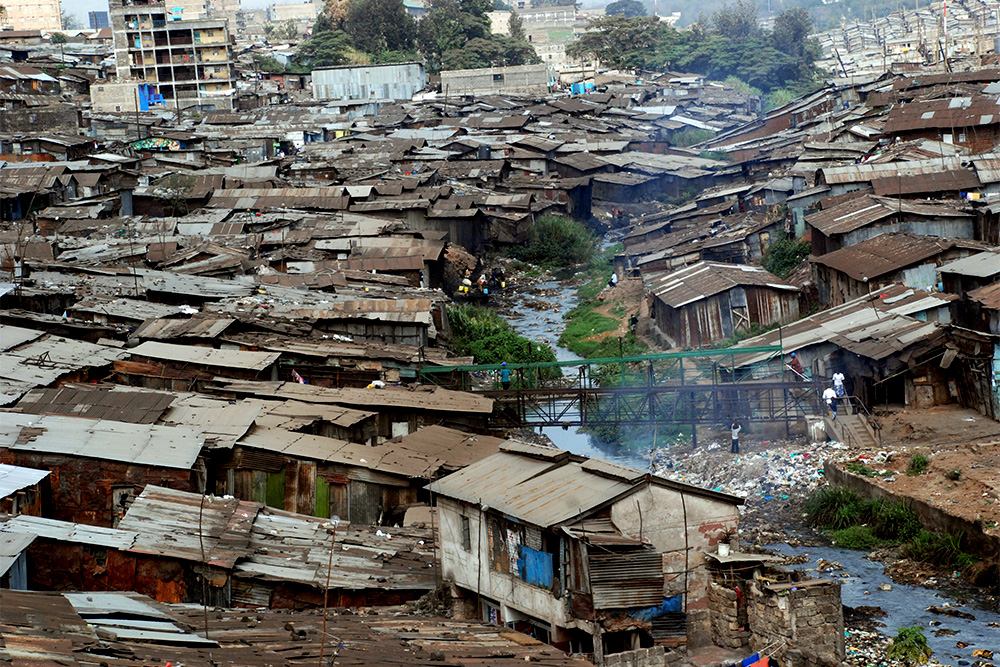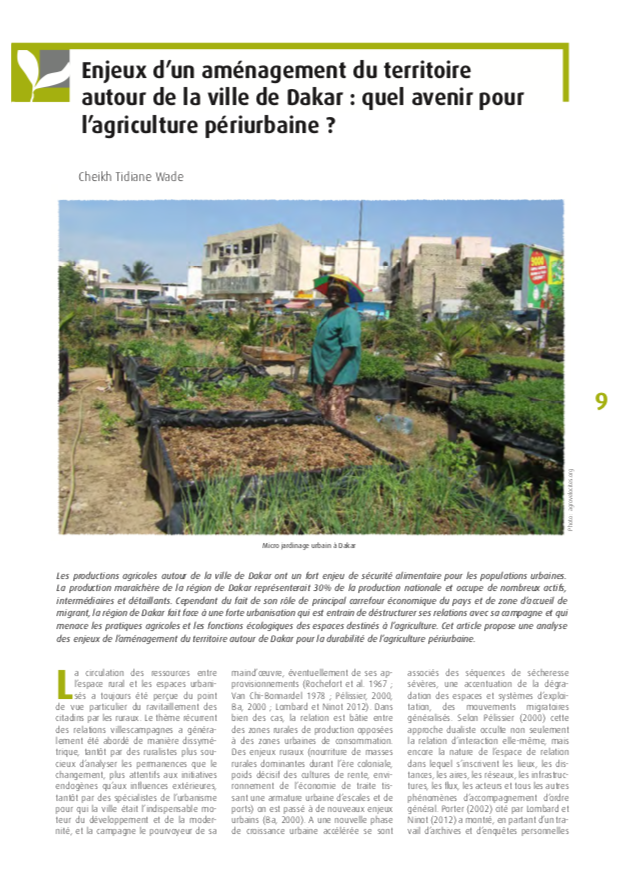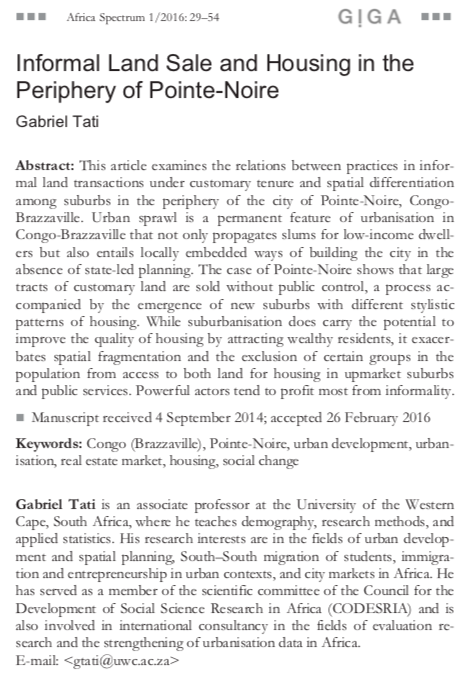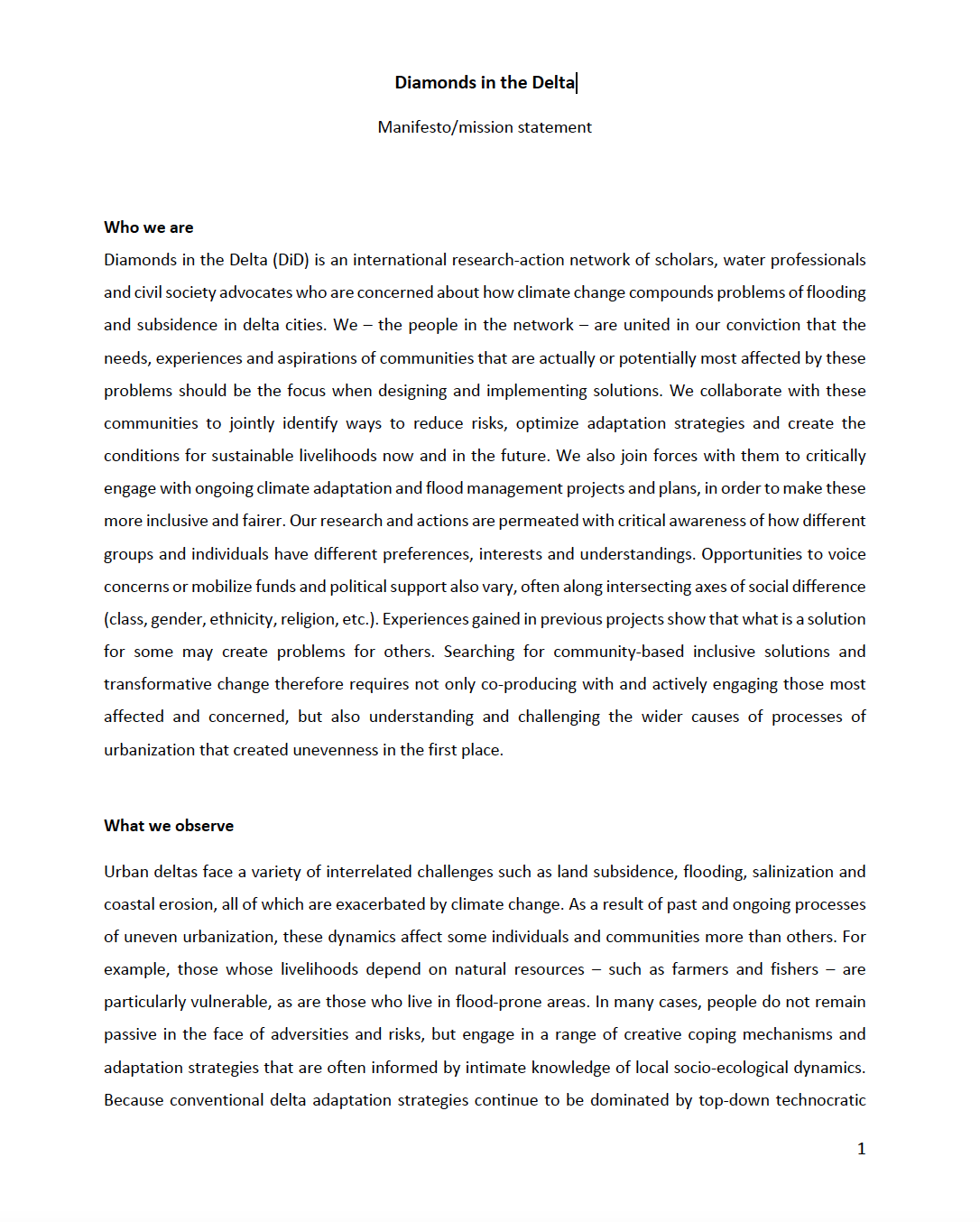Learn how to measure SDG Indicator 11.1.1 – Adequate Housing and Slum Upgrading
This course includes self-paced e-learning training modules which present descriptive and practical step-by-step guidance on how to compute SDG 11+ indicators. It is aimed at strengthening national and city capacities in collecting, analyzing, and monitoring the urban SDG indicators.
This training course is intended for all the professionals involved in monitoring and reporting on SDG 11 indicators and anyone who wishes to get guidance in the monitoring process.









